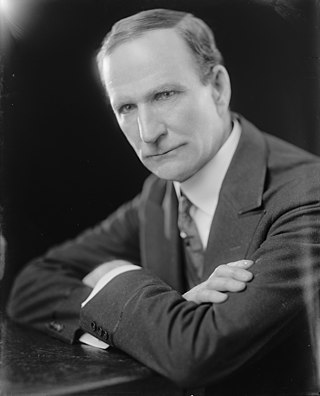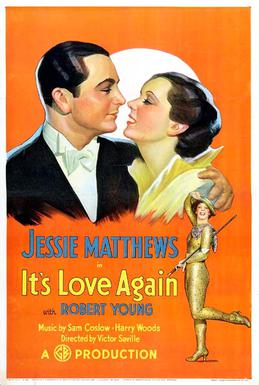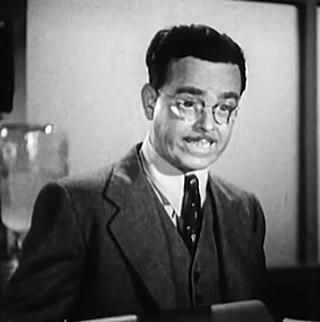Sophie Luise Elisabeth Muller is a British music video director who has directed over 300 music videos. She won a Grammy Award for Annie Lennox's 1992 Diva video album, and an MTV Video Music Award for Lennox's song "Why" from the same album. In 1993, she received a BRIT Award for "Stay" by Shakespears Sister. She won another MTV Award in 1997 for "Don't Speak" by No Doubt. Muller is a longtime collaborator of Sade, Annie Lennox, Gwen Stefani, Sophie Ellis-Bextor, Garbage and Shakespears Sister.

Mae Busch was an Australian-born actress who worked in both silent and sound films in early Hollywood. In the latter part of her career she appeared in many Laurel and Hardy comedies, frequently playing Hardy's shrewish wife.

Mae Marsh was an American film actress whose career spanned over 50 years.

Minerva Urecal was an American stage and radio performer as well as a character actress in Hollywood films and on various television series from the early 1950s to 1965.

Mary Maguire Alden was an American motion picture and stage actress. She was one of the first Broadway actresses to work in Hollywood.

The Northern or Northwestern is a genre in various arts that tell stories set primarily in the late 19th or early 20th century in the north of North America, primarily in western Canada but also in Alaska. It is similar to the Western genre, but many elements are different, as appropriate to its setting. It is common for the central character to be a Mountie instead of a cowboy or sheriff. Other common characters include fur trappers and traders, lumberjacks, prospectors, First Nations people, settlers, and townsfolk.

Margaret Seddon was an American stage and film actress.

James Michael Burke was an Irish-American film and television character actor born in New York City.

Frank McGlynn Sr. was an American stage and screen actor who, in a career that spanned more than half a century, is best known for his convincing impersonations and performances as Abraham Lincoln in both plays and films.

Jack La Rue was an American film and stage actor.

Harold Huber was an American actor who appeared on film, radio and television.
Blanche Irene Sewell was an American film editor. She was known mainly for working at MGM Studios from 1925 until her death in 1949.
Rhythm on the Range is a 1936 American Western musical film directed by Norman Taurog and starring Bing Crosby, Frances Farmer, and Bob Burns. Based on a story by Mervin J. Houser, the film is about a cowboy who meets a beautiful young woman while returning from a rodeo in the east, and invites her to stay at his California ranch to experience his simple, honest way of life. Rhythm on the Range was Crosby's only Western film and introduced two western songs, "Empty Saddles" by Billy Hill and "I'm an Old Cowhand " by Johnny Mercer, the latter becoming a national hit song for Crosby. The film played a role in familiarizing its audience with the singing cowboy and Western music on a national level.

It's Love Again is a 1936 British musical film directed by Victor Saville and starring Jessie Matthews, Robert Young and Sonnie Hale. In the film, a chorus girl masquerades as a big game hunter to try to boost her showbiz career.

Professional Soldier is a 1935 American adventure film based on a 1931 story by Damon Runyon, "Gentlemen, the King!" It stars Victor McLaglen and Freddie Bartholomew. The film was directed by Tay Garnett, and produced by Twentieth Century Fox.
The Klondike Gold Rush is commemorated through film, literature, historical parks etc.

Gladys Gale was an American nightclub singer and vaudeville performer, before becoming a character actress in films during the 1930s and 1940s. The wife of a millionaire, she led a checkered life before dying under mysterious circumstances in a Los Angeles hotel room under an assumed name.

Rose of the Rancho is a 1936 American action film directed by Marion Gering and written by Frank Partos, Charles Brackett, Nat Perrin and Arthur Sheekman, adapted from the play of the same name by David Belasco and Richard Walton Tully. The film stars John Boles, Gladys Swarthout, Charles Bickford, Grace Bradley, Willie Howard and Herb Williams. It was released on January 10, 1936, by Paramount Pictures.

Charles Williams was an American actor and writer. He appeared in over 260 film and television productions between 1922 and 1956. He also worked as a writer on 30 films between 1932 and 1954.
John Rogers was a British stage and film actor active in American cinema. A character actor, he played a number of supporting roles in the 1930s. These grew increasingly smaller during the 1940s were he was often uncredited. His final handful of appearances were in television during the 1950s. He was often cast in London-set productions, including Raffles and Charlie Chan in London.















